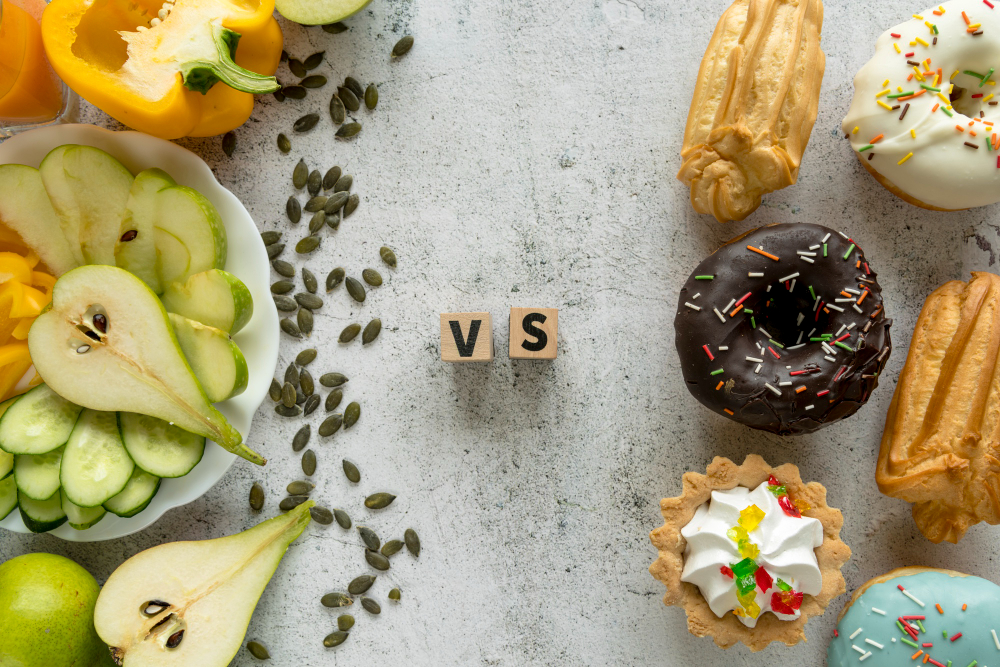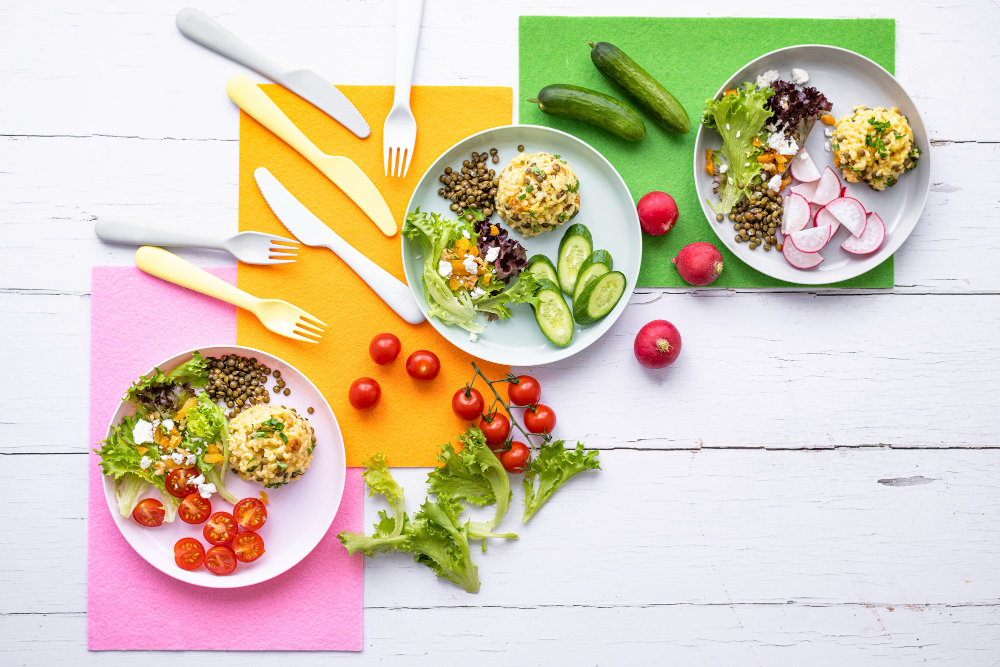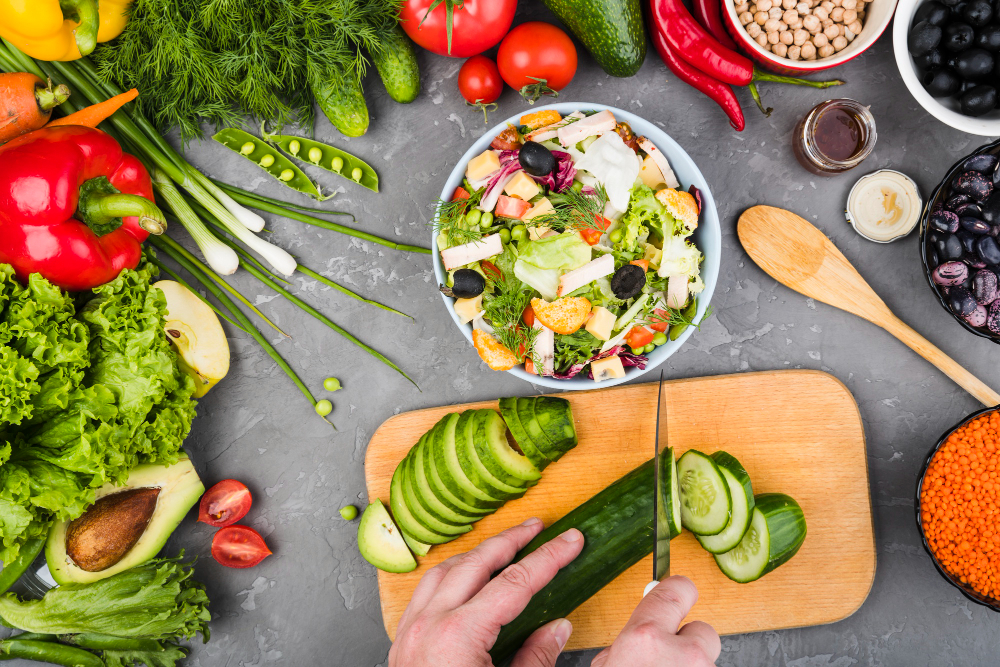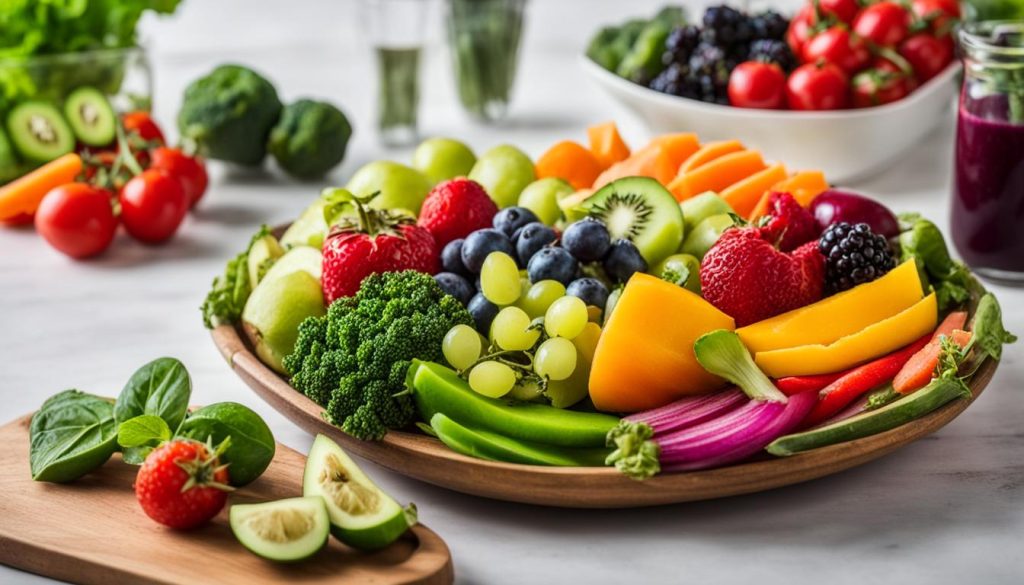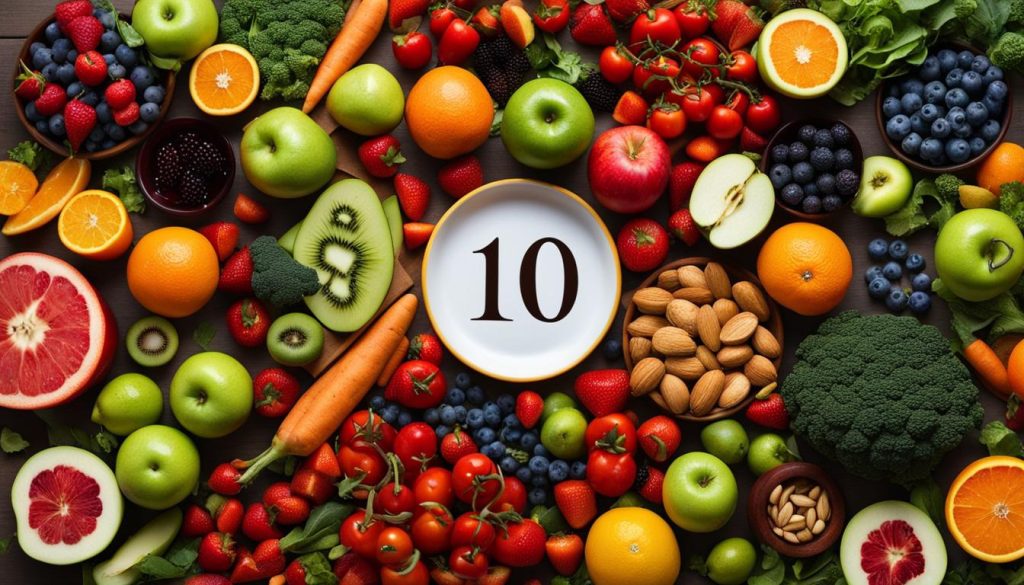Whole30 Diet vs Other Diets: Which Is Best?
The world of dieting is vast and varied, with numerous approaches claiming to be the best for health and weight loss. One such diet that has gained popularity in recent years is the Whole30 Diet. But how does it stack up against other diets? In this article, we’ll explore the Whole30 Diet vs other diets, and determine which diet might be best for you. What is the Whole30 Diet? The Whole30 Diet is a 30-day program designed to reset your body by eliminating certain foods that may be causing inflammation, digestive issues, or other health problems. During the 30 days, you are supposed to cut out all grains, legumes, dairy, added sugars, and processed foods. Instead, you are encouraged to eat whole, unprocessed foods like meats, vegetables, fruits, and nuts. Related Post: Whole30 Diet: Eat & Avoid, What You Need to Know Before You Start Pros of the Whole30 Diet One of the main benefits of the Whole30 Diet is its focus on whole, unprocessed foods. By eliminating processed foods and sugars, you may experience weight loss, improved energy levels, and better digestion. Additionally, the diet can help you identify food sensitivities by slowly reintroducing eliminated foods after 30 days. Cons of the Whole30 Diet However, the Whole30 Diet has its drawbacks. It is a very restrictive diet, which can make it difficult to follow, especially for long periods. Additionally, there is limited scientific evidence to support the claims made by the diet’s proponents. Comparison with Other Diets When comparing the Whole30 Diet to other popular diets, such as the Keto Diet, Paleo Diet, and Mediterranean Diet, there are both similarities and differences. The Keto Diet, for example, is similar to the Whole30 Diet in that it focuses on whole foods and eliminates processed sugars. However, the Keto Diet is much more restrictive in terms of carbohydrate intake, which can be challenging for some people. The Paleo Diet is another diet that emphasizes whole, natural foods. Like the Whole30 Diet, it eliminates processed foods and sugars. However, the Paleo Diet allows for the inclusion of certain foods that are not allowed on the Whole30 Diet, such as dairy. The Mediterranean Diet, on the other hand, is less restrictive than the Whole30 Diet. It emphasizes fruits, vegetables, whole grains, and healthy fats, but also allows for the occasional indulgence in foods like red wine and dark chocolate. Which Diet Is Best? The best diet for you depends on your individual health goals, lifestyle, and personal preferences. It’s important to consult with a healthcare professional before starting any new diet plan to ensure it is safe and appropriate for you. Pros and Cons of Other Diets While the Whole30 Diet has its benefits, it’s important to consider the pros and cons of other diets as well. For example, the Keto Diet is known for its rapid weight loss results, but it can also lead to nutrient deficiencies if not followed correctly. The Paleo Diet may improve satiety and help with weight loss, but its limited food choices can be challenging for some people. The Mediterranean Diet is praised for its heart-healthy benefits, but it may lead to overeating healthy fats if not followed carefully. Takeaway The key takeaway is that there is no one-size-fits-all approach to dieting. It’s important to choose a diet that aligns with your health goals and preferences and to be open to trying new things. By listening to your body and making informed choices, you can find a diet that works best for you. FAQ
Whole30 Diet vs Other Diets: Which Is Best? Read More »

